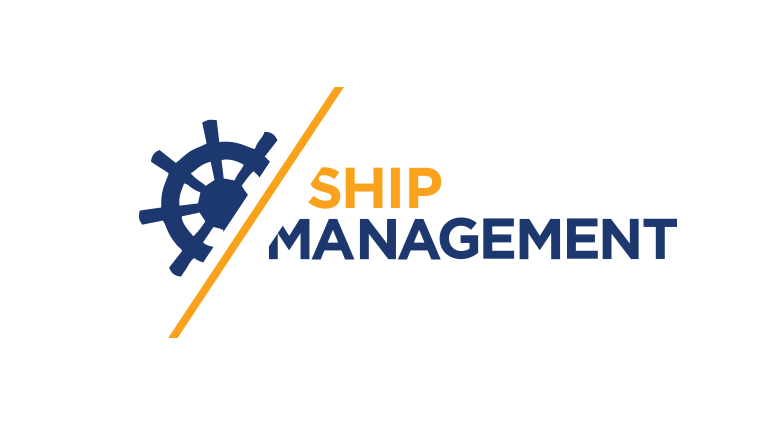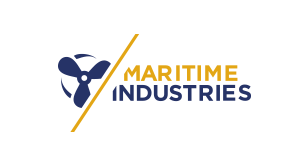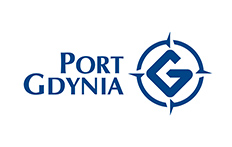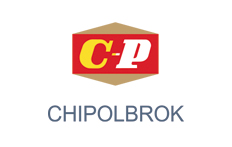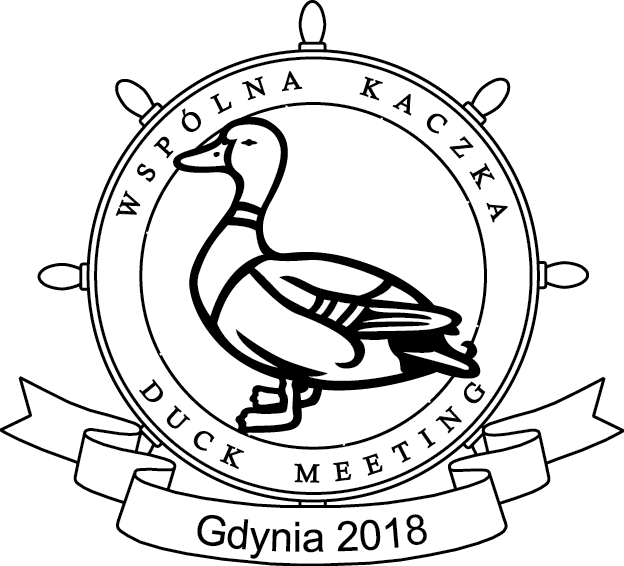Maritime Logistics
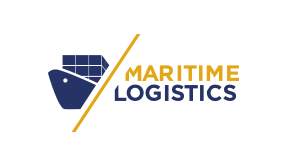
|
Conference Center of Pomeranian Science and Technology Park Gdynia, al. Zwycięstwa 96/98, |
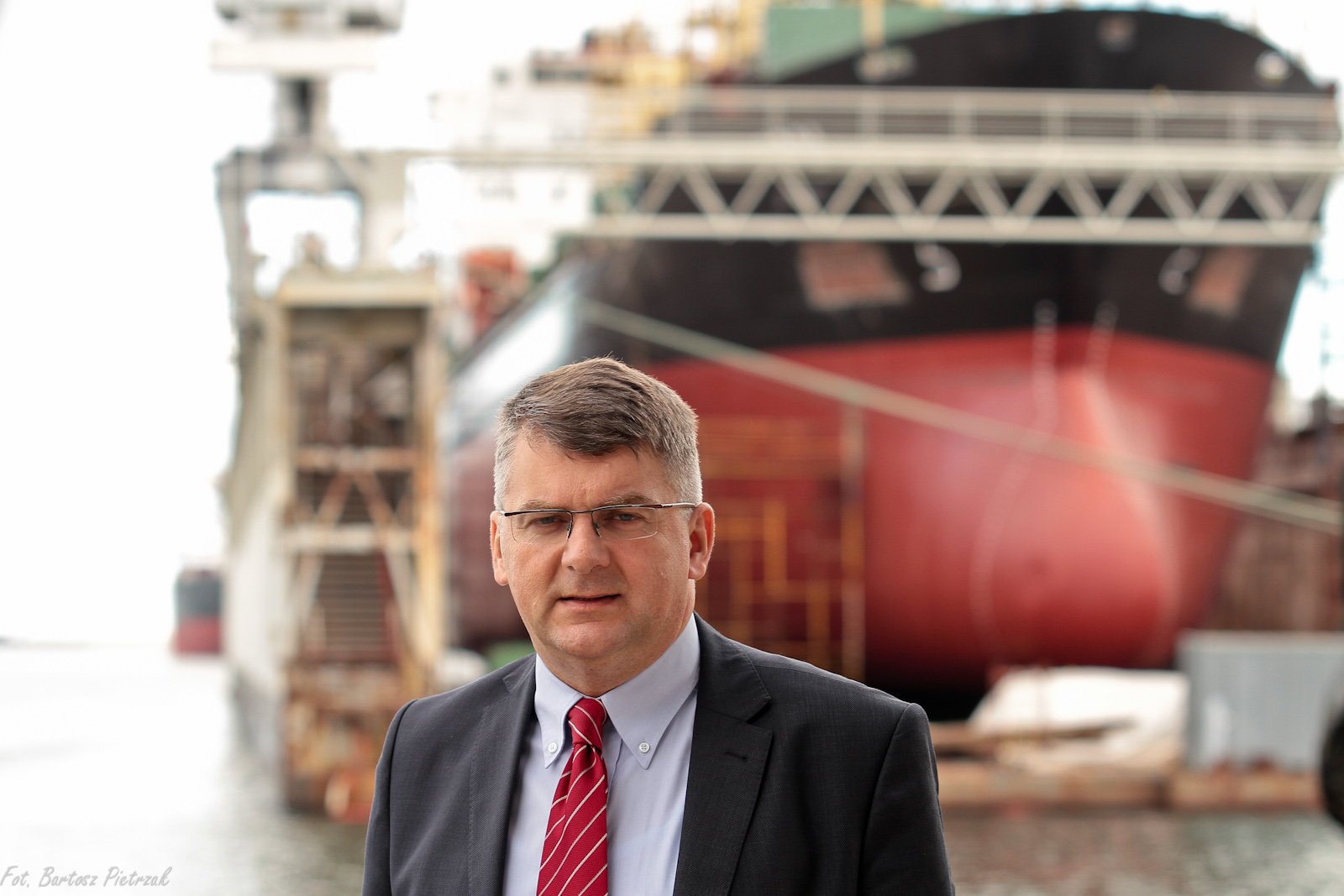
Leader of the PanelMarek TarczyńskiPresident of the Polish International Freight Forwarders Association (PIFFA)President of the Board at Terramar |
PANEL LEADERMarek Tarczyński, President of the Polish International Freight Forwarders Association (PIFFA), President of the Management Board of Terramar Member of the Board of PIFFA since 2001, President of PIFFA since 2006. The main targets and objectives which the Association sets for itself include protection and representation of its members' before authorities and state administration bodies, territorial self-government bodies and international forwarder associations; provision of access to national and international information, in particular in the context of Poland’s membership in the European Union; holding or training sessions, symposiums, conferences and congresses the topics of which are of interest to the members of the Association. The Polish International Freight Forwarders Association is a national member of the International Federation of Freight Forwarders Associations FIATA based in Zurich, a member of the European Organisation for Forwarding and Logistics CLECAT based in Brussels, a member of the National Chamber of Commerce, and an associate member of the National Chamber of Maritime Economy.
PANEL IDEADuring this year’s Maritime Logistics panel, our guests will discuss several issues that are commonly recognized as crucial to the development of this maritime economy sector. Particular attention will be paid to issues which could significantly hinder the development of the Ports of Gdynia and Gdańsk. New trade routes will be the first issue to be discussed. The Silk Road and the Arctic Route. Promoted and subsidized by China, the Silk Road is perceived as Poland’s opportunity due to its beneficial geographic position. However, containers transported on this route deplete the international cargo stream flowing through Gdynia and Gdańsk. In turn, the Arctic Route has gained in resonance due to climate change and its improved accessibility. The next issue to be discussed will be the development of alternative road networks – Via Carpathia and Via Baltica. Apart from the revitalization of underdeveloped regions, through which the said roads are bound to pass, they will provide the Port of Klaipeda with opportunities to penetrate our eastern and central regions at the cost of Gdynia and Gdańsk. Vertical and horizontal integration processes that have been observed in container shipping will be the next subject of the Forum. Horizontal integration assumes the mergers and alliances of container shippers. Vertical integration consists in controlling the entire house-to-house supply chain by Projects offering benefit to some areas of the Polish economy may prove detrimental to the others. The question of how can we eliminate this threat or convert it into opportunities for development will be tackled by our panel experts and guests. These issues are the current hot topics of the maritime logistics sector in Poland, which is why they will be the main subjects of the Maritime Logistics panel at the Maritime Economy Forum Gdynia 2018.
|
Marek Tarczyński - President of the Polish International Freight Forwarders Association (PIFFA), President of the Board at Terramar Speakers: Prof. Andrzej Grzelakowski, Ph.D. / Gdynia Maritime University - discussion moderator More details soon. |
|
| Register | ||

